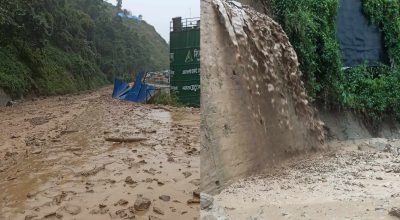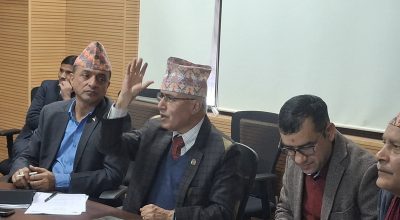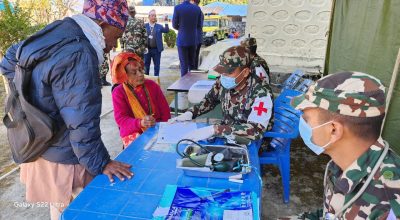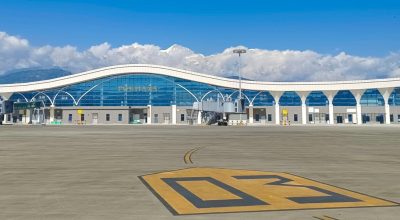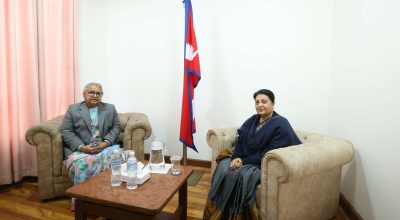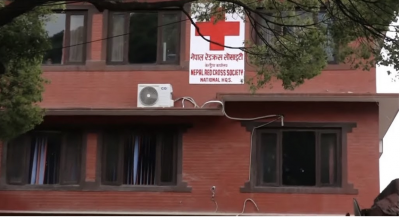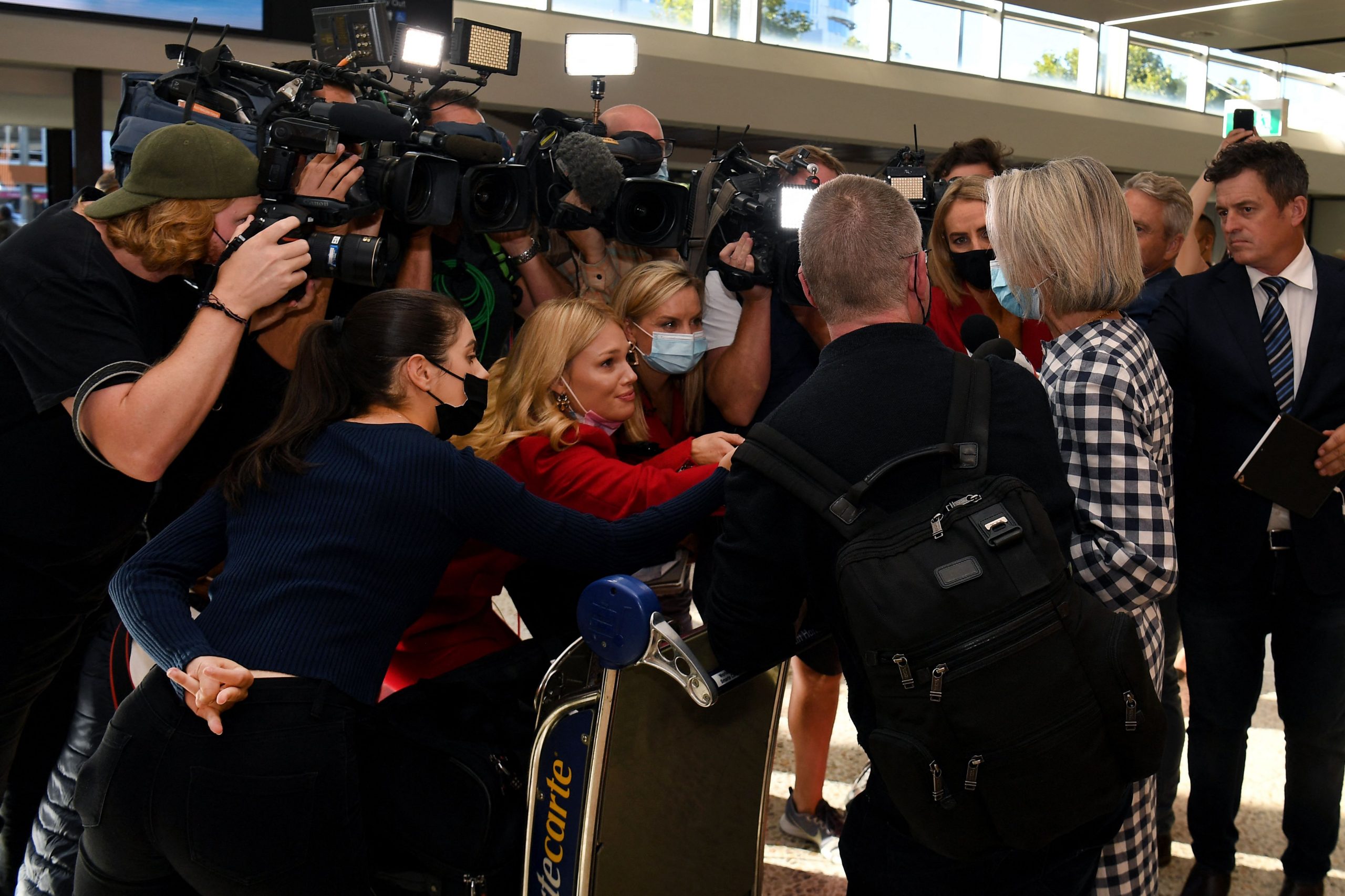
Australia opened its international borders to all vaccinated tourists Monday, nearly two years after the island nation first imposed some of the world’s strictest Covid-19 travel restrictions.
A Qantas flight from Los Angeles was the first to touch down in Sydney at 6:20 am (1720 GMT) followed by arrivals from Tokyo, Vancouver and Singapore.
“It’s fair to say we’ve all been waiting a long time to welcome visitors back to Australia,” Qantas chief executive Alan Joyce said.
The national carrier expects to more bring than 14,000 passengers into Australia this week — the start of what many believe will be a long, slow recovery for a tourism sector devastated by the pandemic.
“I think we’re going to see a very, very strong rebound,” Tourism Minister Dan Tehan said at Sydney airport, wearing a t-shirt with the words: “Welcome Back”.
Attracting tourists from China, previously Australia’s biggest market, would be difficult while the country enforced a zero-Covid policy, Tehan said.
“But as soon as that changes, Tourism Australia have been doing a lot of work to make sure that we will be ready to encourage those Chinese visitors to come.”
Only 56 international flights are scheduled to land in Australia in the 24 hours after the re-opening — far below pre-pandemic levels — but Prime Minister Scott Morrison said he had “no doubt” the number will scale up in time.
Australia closed its borders to almost everyone except citizens and residents in March 2020 in an attempt to slow surging Covid-19 case numbers.
The travel ban — which also barred citizens from travelling overseas without an exemption and imposed a strict cap on international arrivals — earned the country the nickname “Fortress Australia”.
Every month under the policies has cost businesses an estimated AUS$ 3.6 billion ($2.6 billion), according to the Australian Chamber of Commerce and Industry, with tourism particularly hard hit.
Tony Walker, managing director of Quicksilver Group, which operates cruises, diving excursions and resorts across the Great Barrier Reef, told AFP he was “very excited about being able to re-open”.
International tourists “make up around 70 percent” of business for tourism operators on the reef, Walker said, making the two-year border closure “incredibly difficult”.
During the pandemic, his company had to reduce its employees from 650 to the 300 it has today.
Morrison on Sunday said tourism had “really borne the brunt of this Covid pandemic” and he thanked the sector.
“It’s been tough, but Australia is pushing through,” he added.
Western Australia will not re-open to international travellers on Monday, holding off until March 3.
Until recently, the state had pursued a strict Covid-zero policy, cutting itself off from the rest of the country.
The decision sparked lawsuits — and the observation it was easier for Australians to travel to Paris than Perth — but proved popular with West Australians.
Announcing the re-opening date for triple-vaccinated travellers, state Premier Mark McGowan said “there comes a point where the border is redundant, because we’ll already have the growth of cases here”.
Morrison welcomed Western Australia’s re-opening and defended his own decision to shut the country’s borders to the world for two years.
He said it “was incredibly important and that helped us achieve in this country what few others could around the world. We have one of the lowest rates of death of Covid in the world.”
While the Australian government has launched a Aus$ 40 million advertising campaign to lure tourists back, the Australian Tourism Export Council warned this week that “there are worrying signs consumers are wary of travelling here with confusion over our various state travel restrictions and concern about snap border closures”. (AFP Report from Sydney, Australia)





